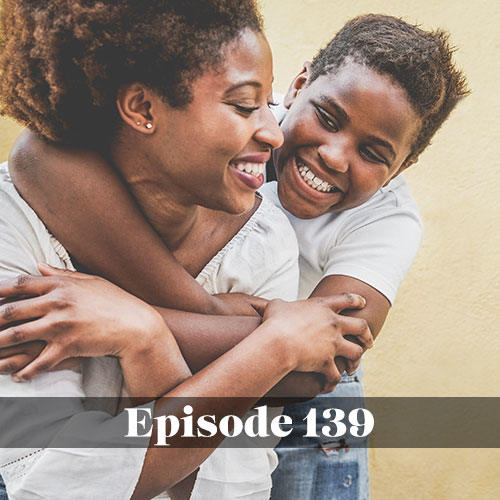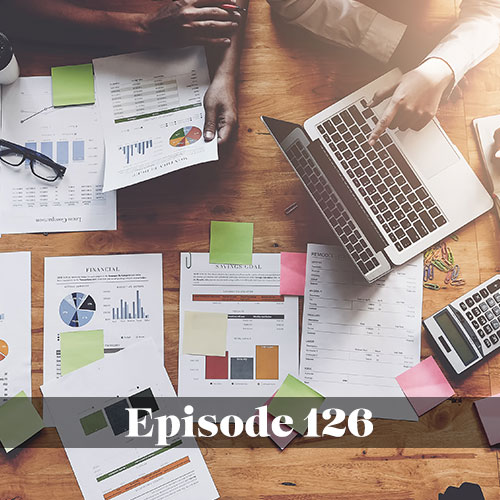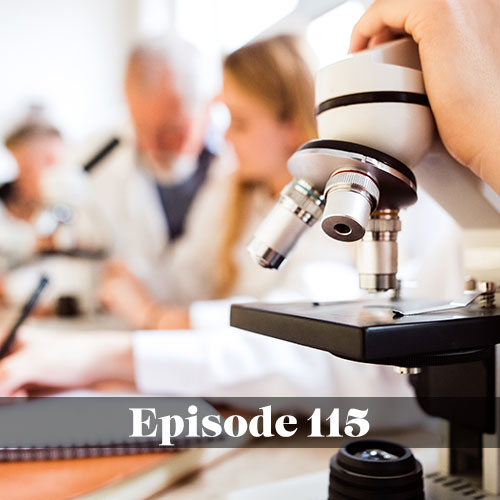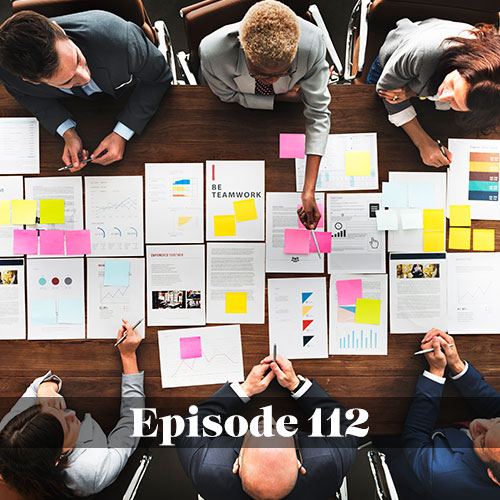K-12 music teacher Bill Manchester talks about organic time, a concept that can be incorporated into teaching and learning but also into our lives as a philosophy.
We’re often conditioned that time is linear and that learning is linear, but that’s not necessarily the case.
Bill grew up on a farm, where from one year to the next his family didn’t know how the crop yield was going to look. His father had plenty of technology and resources, but things were still going to grow at their own pace.
“As I began teaching, I really saw that in my own teaching. There was all kind of things I could do, but they were still going to develop at different rates, and there was only so much I could control,” Bill says. “Even looking back at my own education experiences, I saw that there were times when I was really considered kind of behind but I caught up later.”
Host Carole Dorn-Bell says she was young for her class and felt like she was behind during much of her schooling. Bill sees organic time as a key approach to understanding how his adopted daughter is progressing in American schools.
Bill explains that the stress of not getting it “at the right time” can be destructive in learning.
Kindergartners may be expected to read and write music notes, and there’s nothing wrong with that. But those lessons could be supplemented by allowing the kids to do more exploring and experiencing the music-making part of the lesson.
The concept of organic time applies not just to classroom material but also to social and emotional learning. Behavioral progress should not be expected to be linear.
“The idea that we have these third grade boys fighting on the playground and we have this intervention and, okay, now they’re going to be good for the rest of the year… It’s not really like that,” Bill says. “There’s going to be these ups and downs and back and forth.”
Bill talks about standard-based grading and how it gives us the opportunity to say, wherever you’re at as a student, we’re going to get you to where you need to be. The structure of school is not set up to perfectly match that approach, but we can inch our way toward that kind of thinking. We shouldn’t always say, this is the cutoff and now we’re moving on to the next thing.
“I think about my dad—he was constantly looking for this new technology and new resources. He had satellite imagery and data coming in,” Bill says. “Those tools of technology, all those things that we learned, didn’t take anything away from the organicness of how things were going to grow. But it allowed him to mediate some of those variables.”
Similarly we know the sequences that work for most kids in learning math and it’s good to stick with that. But it’s important to also have that flexibility to know that not every kid will progress in a linear way.
“There’s all these tools and resources that we can apply and get us closer,” Bill says. “But still realizing there’s so many variables that we’re never going to control.”
Bill talks about the summer series he’s leading on music and STEAM through the Columbus Public Libraries and Southwest Public Libraries in Columbus, Ohio, called Simple Summer STEAM (@SimSumSTEAM on Twitter).
Carole closes the episode by saying there’s a space for organic time and linear time to peacefully coexist. It’s important to step back and understand there’s nuance. It’s a topic whose time has come.
Got a question or topic you’d like covered in an upcoming We Love Schools podcast? Email us at info@weloveschoolspodcast.com
First time listening to We Love Schools? Learn more about our weekly podcast.
Interested in learning more about how the Allerton Hill Communications team can help your school with communications? Contact us today.






